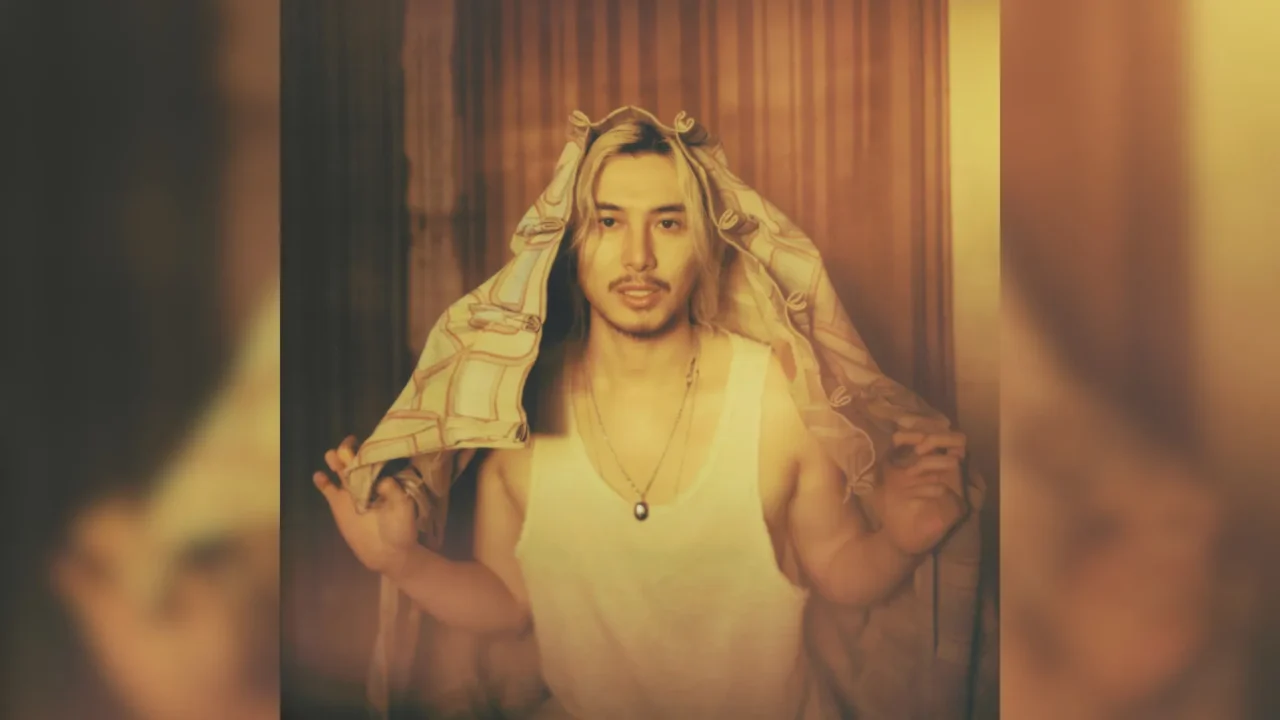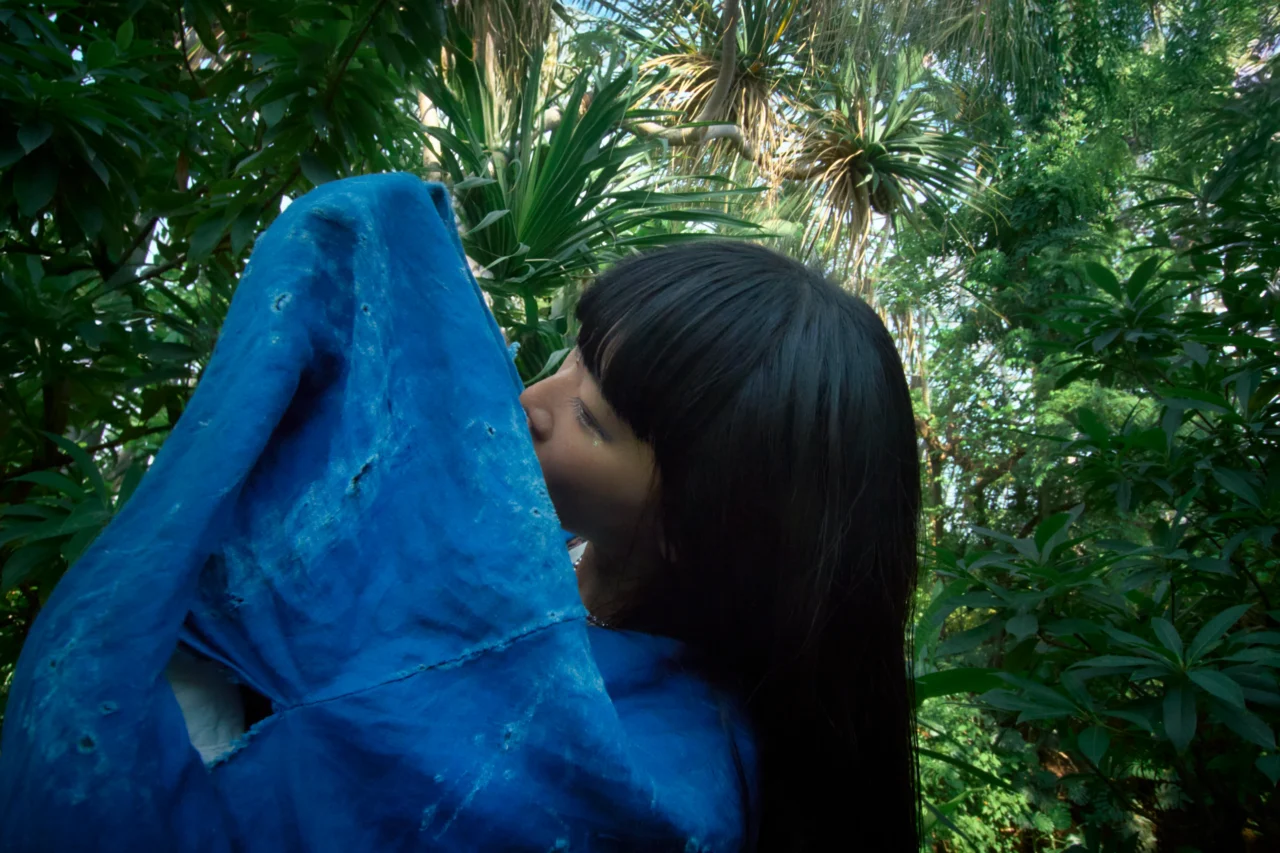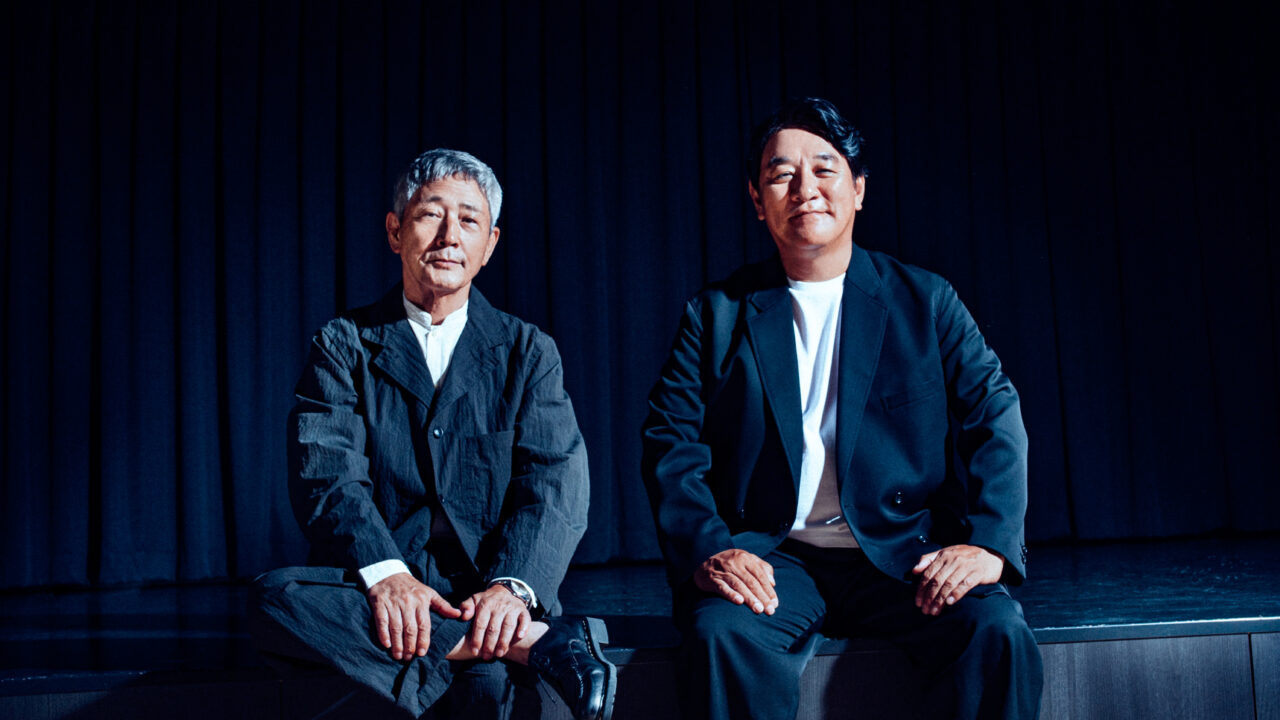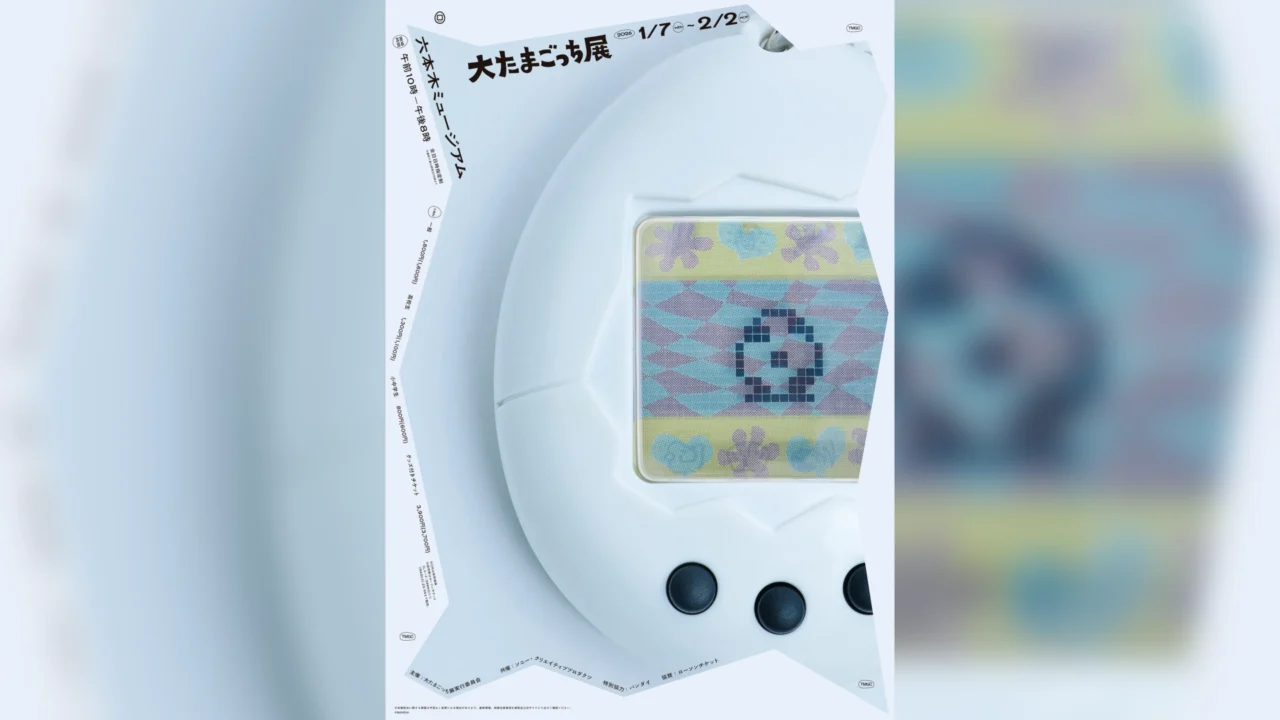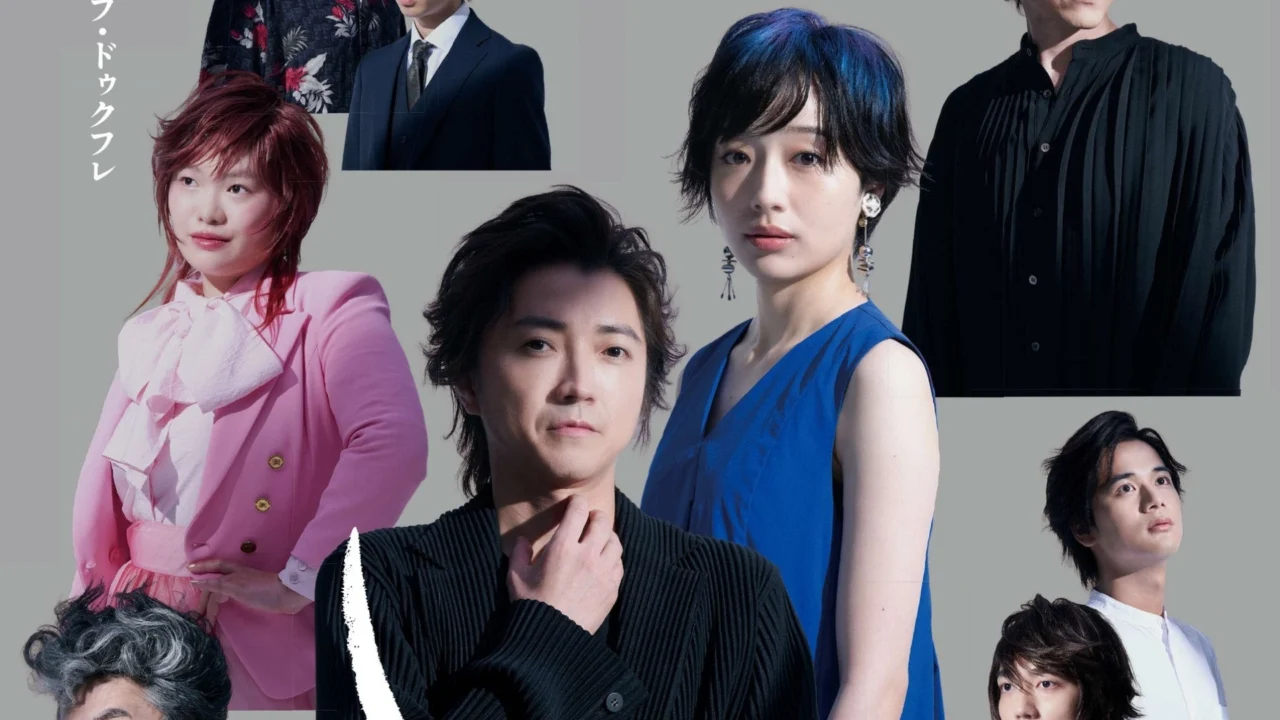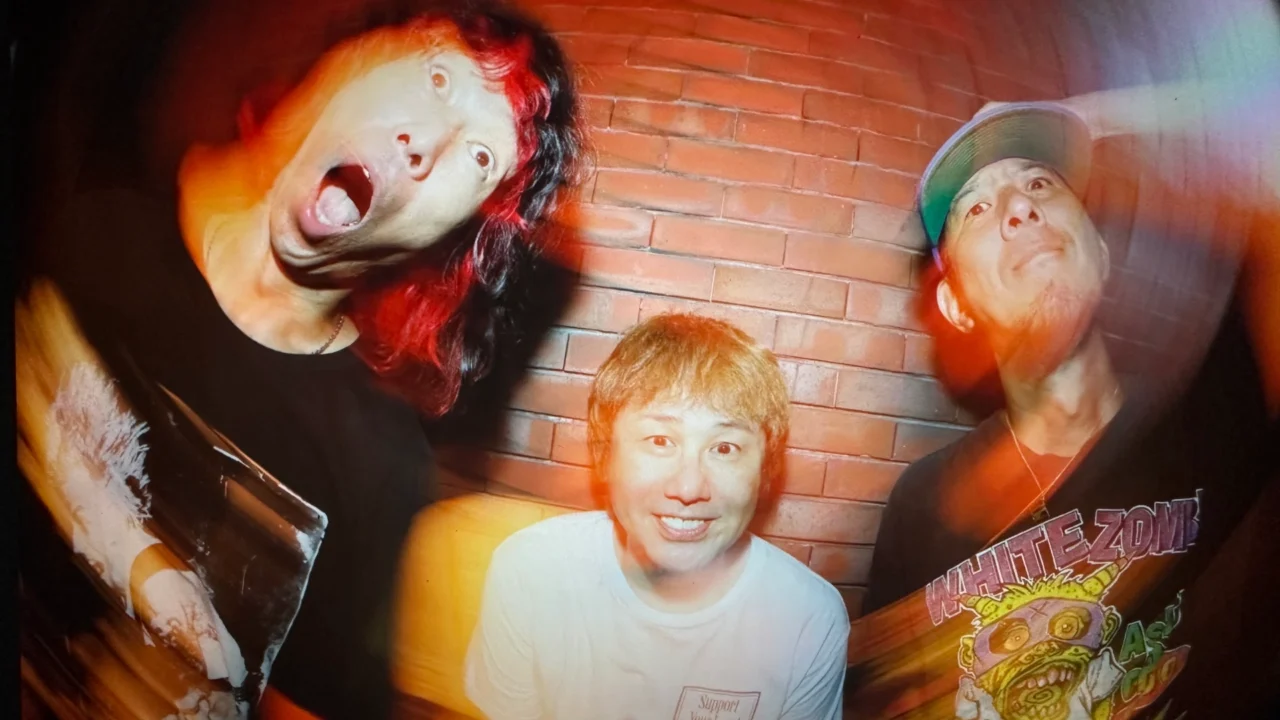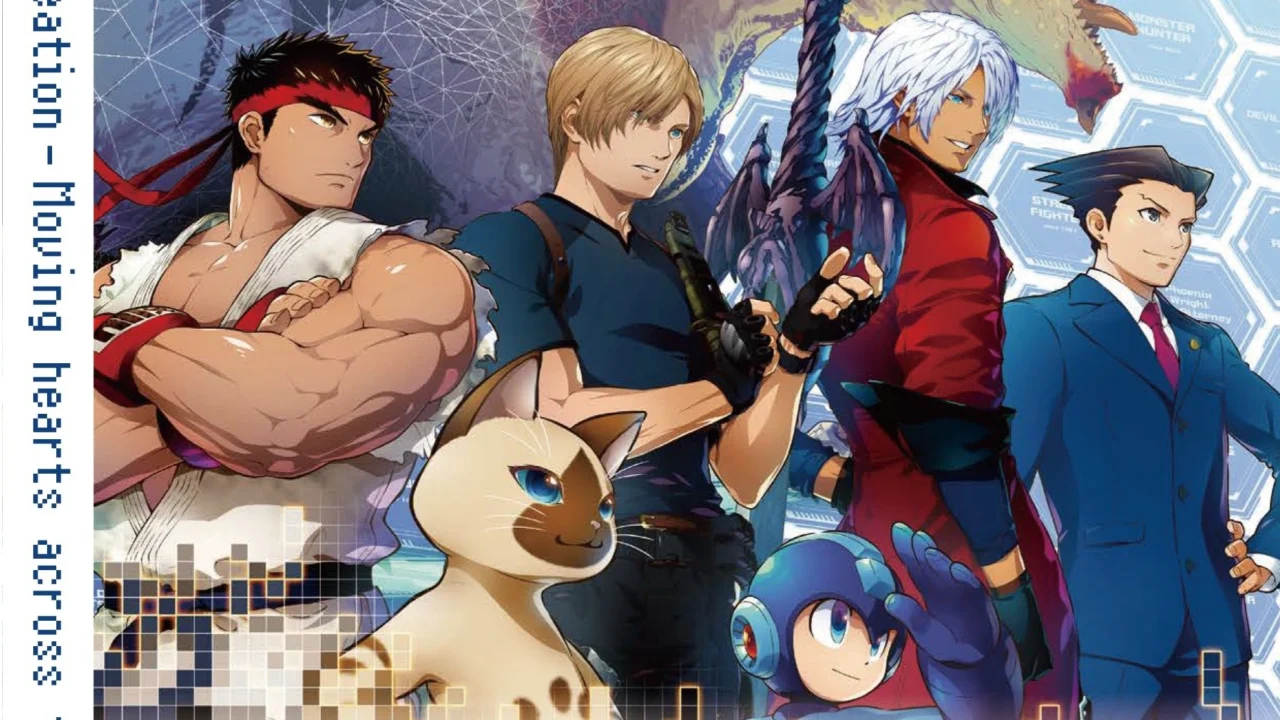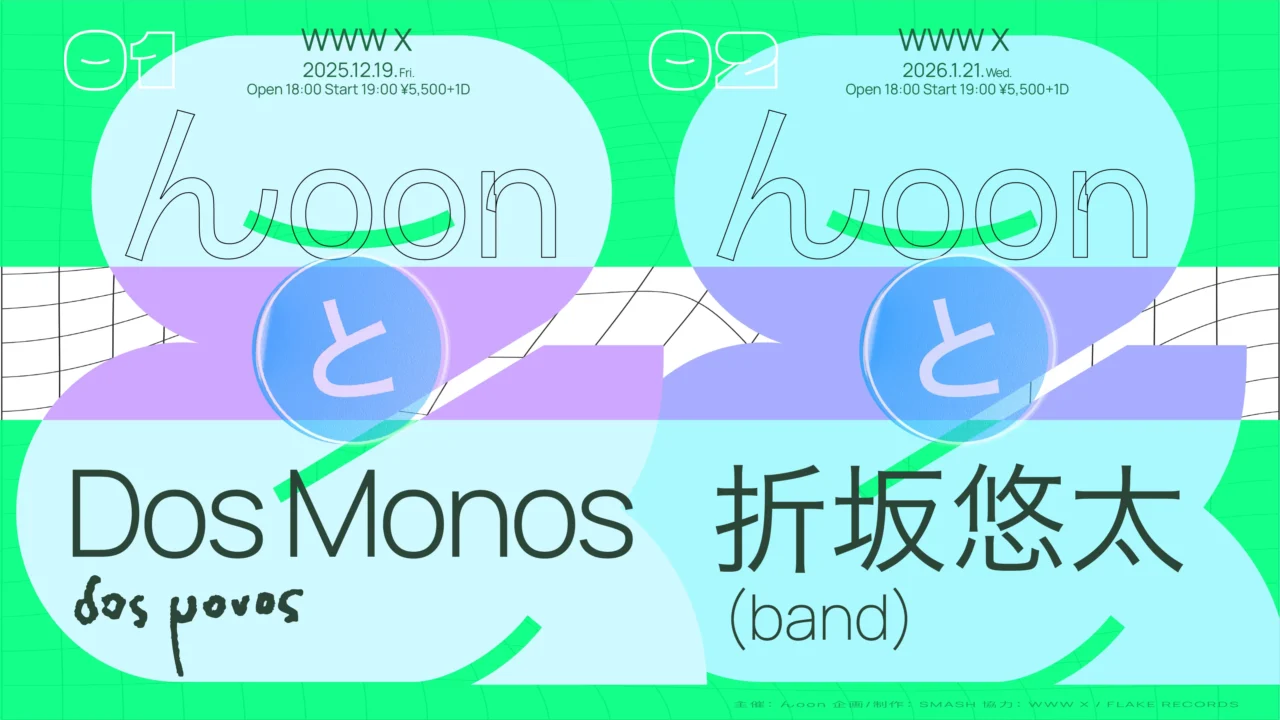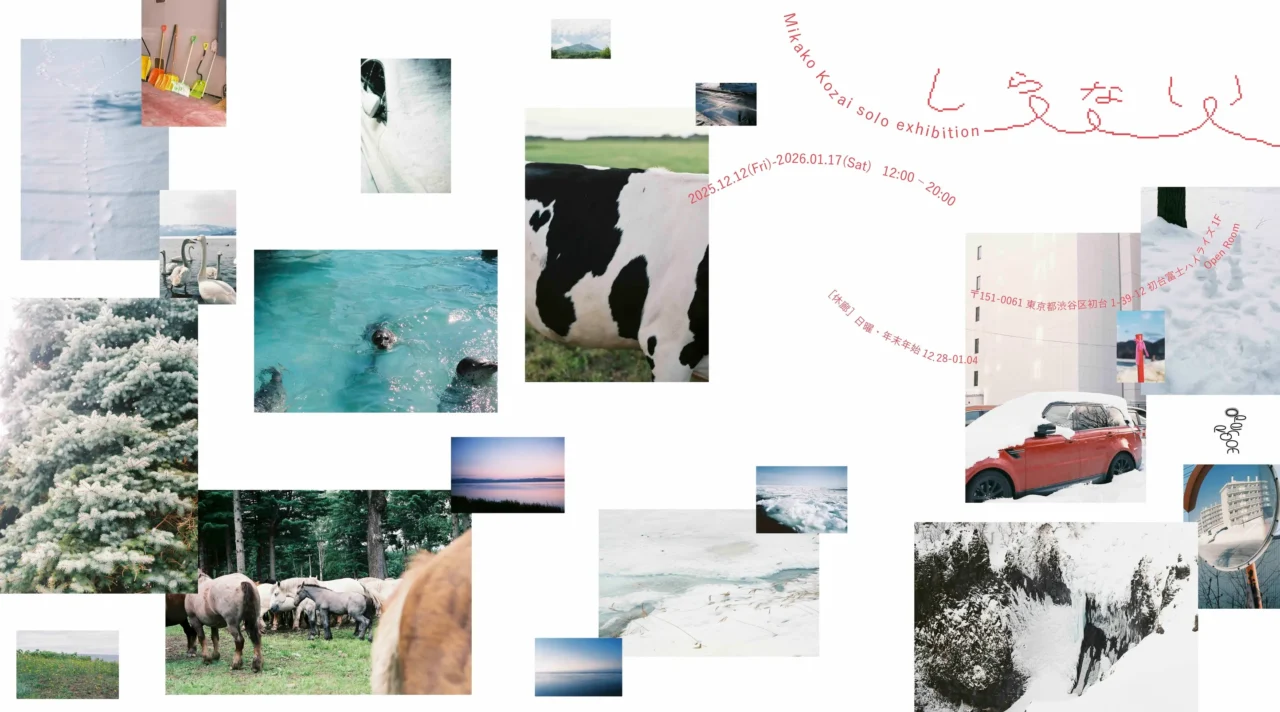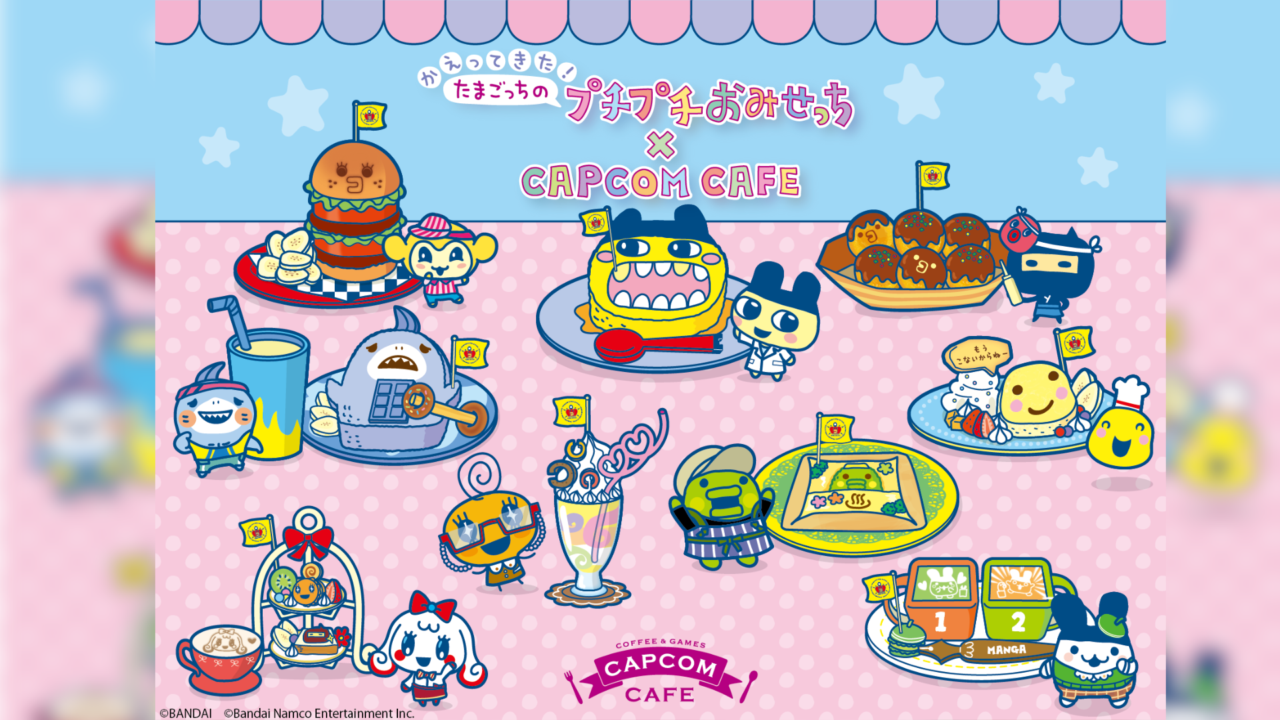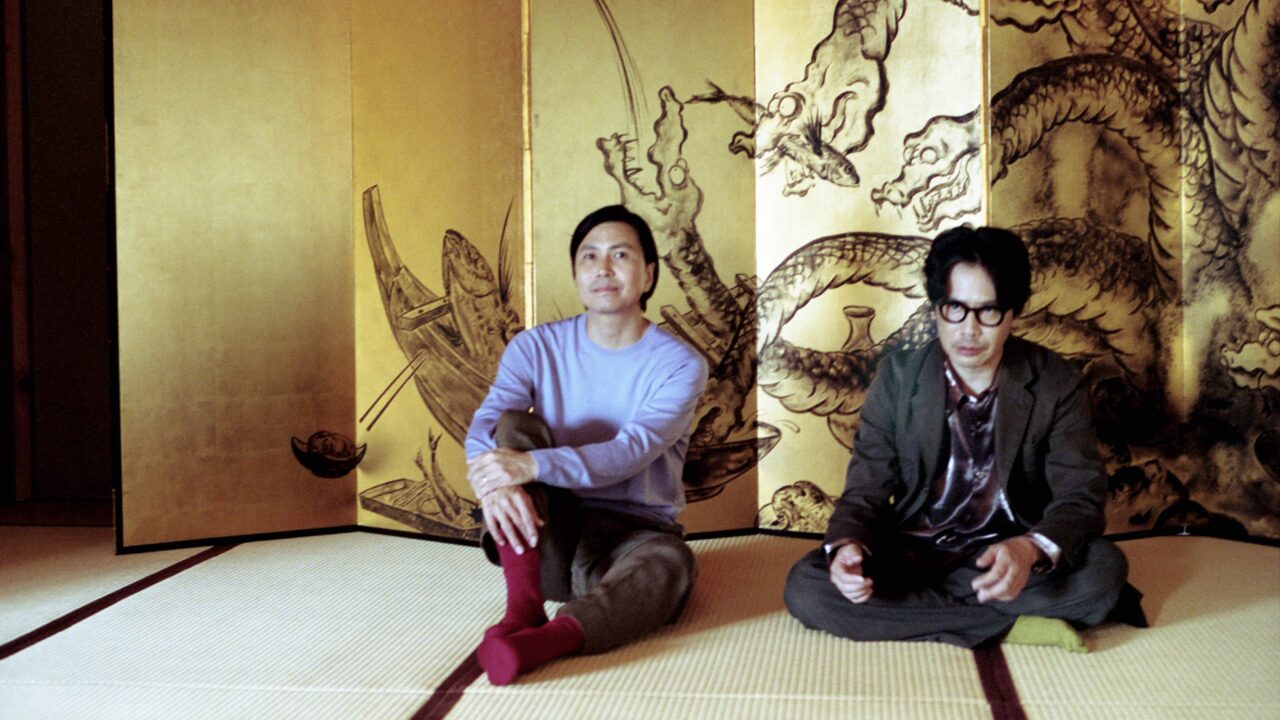In recent times, Taiwanese bands have been making a significant impact on the Japanese music scene. Lyrics play a crucial role in music, and the language in which songs are performed can greatly influence the emotions of listeners. However, it is not commonly known that Taiwan is a multilingual society where a variety of languages are used in musical expressions.
In this interview, we had the pleasure of speaking with Sorry Youth, a three-member alternative rock band that sings in Taiwanese. The band formed during their university years and has drawn inspiration from a wide array of themes, including the scenic beauty of Taiwan’s coasts and mountains, as well as various social issues. Their ability to express authentic emotions has garnered them a loyal following.
Taiwanese ranks as the second most spoken language in Taiwan, following Mandarin (Taiwanese Mandarin). While the band members will share more in the main feature, it’s noteworthy that Taiwanese has a history of being sidelined in media and education since the end of World War II. Following the lifting of martial law in 1987, Taiwan embraced multilingualism, leading to increased efforts to preserve the Taiwanese language and pass it down to future generations. However, many young people today are still unable to speak Taiwanese.
The essence of Sorry Youth’s music can be described as a fusion of garage revival and Taiwanese folk. With each album, their sound has become more refined, and their latest release, “Noise Apartment” (原題:噪音公寓), showcases a blend of various musical genres, allowing them to reach a wider audience.
Sorry Youth has performed at major festivals such as SUMMER SONIC 2015, Forest, Road, Market, and BiKN 2023. During the COVID-19 pandemic, they hosted an online joint performance event with the band apart and shared their interactions with ASIAN KUNG-FU GENERATION on social media, strengthening their ties with Japan.
They have announced a tour in Japan for the fall of 2024, featuring four performances in Tokyo and Osaka. To explore what Sorry Youth aims to convey through their use of Taiwanese, we conducted this interview.
INDEX
The Story Behind the Latest Album “Noise Apartment“

Formed by guitarist Weni, bassist Giang Giang, and drummer Chung-Han, Sorry Youth is a power trio. Taiwanese lyrics serve as a crucial foundation for their songwriting, which is a defining characteristic of the band. Their song arrangements strongly capture the atmosphere of their live performances. They are one of the few indie bands in Taiwan that write all their lyrics in Taiwanese. Currently, Sorry Youth is an important band and a leading force in the Taiwanese indie scene. All their shows sell out, and they frequently perform at various music festivals both domestically and internationally, including SUMMER SONIC (Japan), Megaport Festival (Taiwan), shima fes SETOUCHI (Japan), Forest, Road, Market (Japan), and SXSW (USA). They have also toured in many countries, including Japan, South Korea, Canada, and Hong Kong. In 2020, they independently organized the “Mountain Oath, Sea Promise” music festival to further explore the potential intersections of music culture and art in Taiwan.
www.sorryyouth.com
The latest album “Noise Apartment” has become a hot topic among music industry professionals in Japan, with Masafumi Gotoh from ASIAN KUNG-FU GENERATION (hereafter referred to as “Ajikan”) even contributing a recommendation comment. It seems that there has been a significant evolution in the sound creativity compared to your past works. What changes occurred during the production period?
Weni (Gt): We began the production of “Noise Apartment” in January 2023. By the fall of 2023, when about half of the demo tracks were completed, we started preparing for our solo live performance scheduled for August 2024. There was a discussion about the need for a stage manager and a music director for the Taipei Music Center, which has a capacity of 5,000 people. One of the candidates for this role was music producer Yitan Zhou. We clicked during the meeting and decided to ask him to be the album producer.

Speaking of Yitan Zhou, he is a renowned producer known for working on the album The Clod 瓦合 (2023) released by the Taiwanese band No Party For Cao Dong, who will be performing at the GREEN STAGE of FUJI ROCK FESTIVAL ’24.
Chung-Han (Dr.): Yitan is not only a producer but also a mixing engineer, and he provided detailed advice on aspects like how to layer the drum sounds and balance the volume. While Noise Apartment features tracks with different tastes, he helped unify the overall image and atmosphere throughout the album. During the production, we met every two weeks, and meeting Yitan was a significant turning point for us.
Were there any specific approaches or innovations you implemented while developing the song ideas?
Giang Giang (Ba): I guess it’s about becoming an “early bird” (laughs). When we first formed, we were still university students, and the three of us used to stay late in the studio working on our music. Now that I have a child, I need to balance family responsibilities as well. I had to follow a regular schedule from 9 to 5, where I would work on songwriting, practice, and meetings.
You’ve transitioned from a typical band lifestyle to one where you create good music within a stable schedule.
Giang Giang: My friends now call me a “rock bureaucrat” [laughs]. Amidst this, Yitan Zhou also requested that we send him demos as close to the final version as possible. For this project, we discussed specifics like keeping the overall tempo upbeat and avoiding long guitar solos as we refined the direction.

How do the three of you divide your roles?
Chung-Han: When it comes to songwriting, we often collaborate and create together. Outside of songwriting, we each have our strengths and weaknesses. Weni usually handles the recording, Giang Giang takes care of marketing and merchandise, and I often lead the planning for live performances.
You have a lot of DIY aspects in your activities, don’t you?
Weni: Yes, we handle copywriting together, and for important matters and overall direction, we tend to steer the ship ourselves. However, we also ask for support from external people or friends when necessary.
INDEX
Taiwanese Allies in DIY Projects
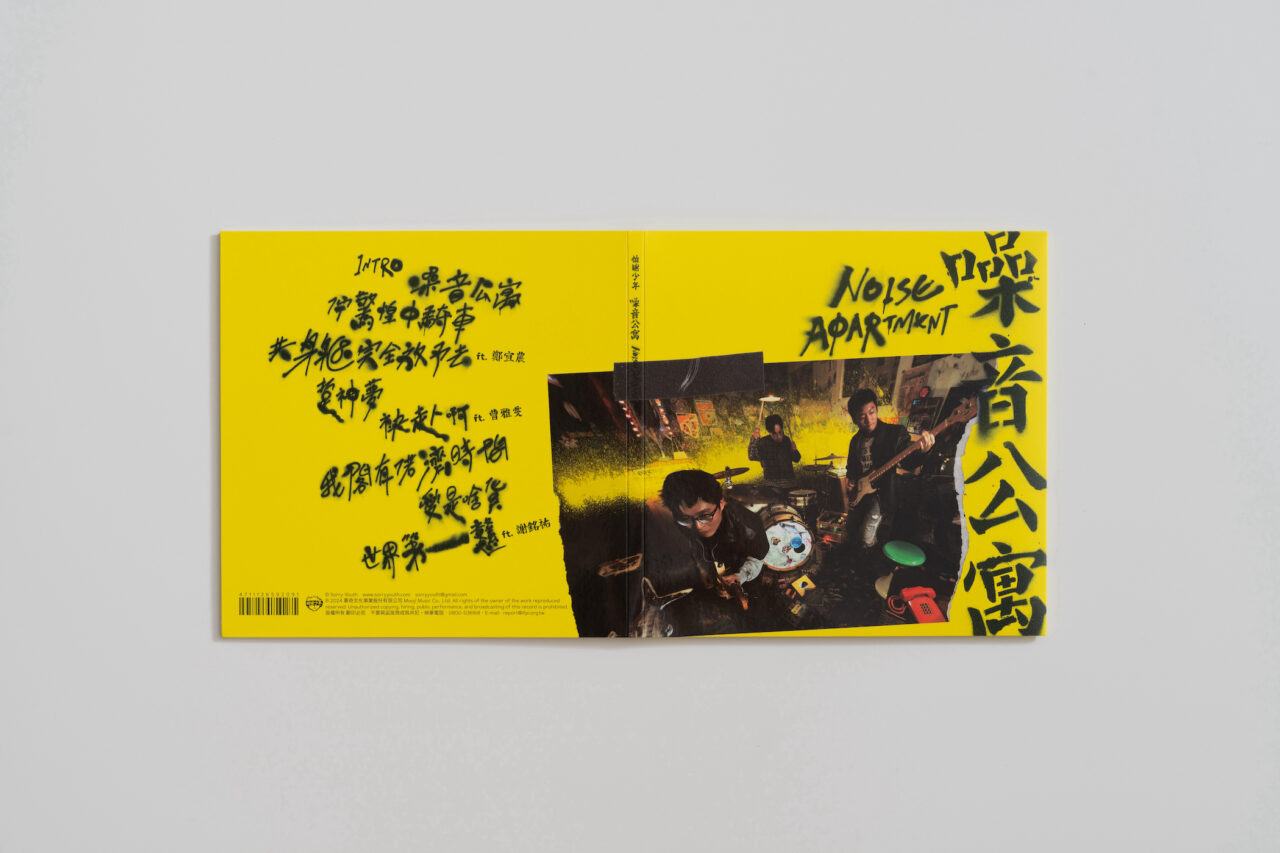
As you expand your DIY activities, I believe Shao-Tzu (廖小子), who has been involved in designing all the album artwork and tour posters since your first album and performs as the iconic Sabahi Man (虱目魚男) during live shows, is also part of the Sorry Youth family. What kind of person is he?
Weni: Shao-Tzu is an active graphic designer, and we met online shortly after we formed the band. At that time, he was posting unique kung fu illustrations on the internet, which left a strong impression on me. After becoming friends, we started asking him to design our album artwork and merchandise. When we finish demo tracks, we send them to a few people for feedback, and he’s one of them. I truly trust him both as a colleague and a friend.

In “Noise Apartment,” you feature three artists: Eno Chen (鄭宜農), Olivia Tsao (曹雅雯), and She Ming-Yu (謝銘祐). All three have been recognized with awards at major music festivals in Taiwan, making for a stellar lineup.
Chung-Han: That’s right. First of all, while Yitan Zhou is a great producer, he actually doesn’t speak Taiwanese. In contrast, the three vocalists participating this time all share the common trait of being able to sing in Taiwanese. For example, She Ming-Yu is a senior of ours, and we had him contribute the chorus to the ninth track, “世界第一戇 / The World’s Biggest Fool feat. 謝銘祐.” He helped adjust the finer details of the lyrics, elevating their meaning to a deeper level.
The collaboration has strengthened the resonance of the Taiwanese language.
Giang Giang: Yes, exactly. For the fourth track, “共身軀完全放予去 / Letting Go Together feat. 鄭宜農,” we collaborated with Eno Chen, who was recommended by Yitan. We were already acquaintances. In fact, we extended the offer when the song and lyrics were nearly finalized, and she agreed immediately. As a professional singer, she provided us with advice on part division and vocal techniques to enhance the overall sound.
Weni: We got to work with Olivia Tsao after participating in one of her album tracks, which led to her joining us for the sixth track of our album, “袂赴啊 / Too Late feat. 曹雅雯.” There are fewer female artists of our generation who can sing in Taiwanese compared to male artists, so she’s quite valuable. Olivia and I often discuss themes like “How can we present a new perspective on Taiwanese?” and “How can we promote the Taiwanese language more to the younger generation?”
INDEX
Two Decades of Existence: The Importance of Communicating in Taiwanese
I would like to ask again why Sorry Youth sings in Taiwanese. Since forming in 2005, all of your lyrics have been in Taiwanese, and the MC for your one-man live show at the Taipei Music Center in August 2024 was conducted entirely in Taiwanese. I understand that Taiwanese is the second most spoken language and that there is a movement for the preservation of native languages, but I believe that Taiwanese is closely connected to your band activities and expression. You all originally hail from Kaohsiung City, Taiwan, right?
Chung-Hann: That’s correct. Since childhood, my grandparents and parents spoke Taiwanese at home, so I naturally picked it up. I learned Chinese at school, so I can certainly speak it, but I feel that the vocabulary differs between the two languages. Chinese tends to have more practical words related to daily life, while Taiwanese has many words that are somewhat disconnected from current life and trends. However, because of that, I believe it leaves more room for imagination and allows for richer emotional expression.
Kaohsiung is a city in southern Taiwan known for its high usage of Taiwanese.
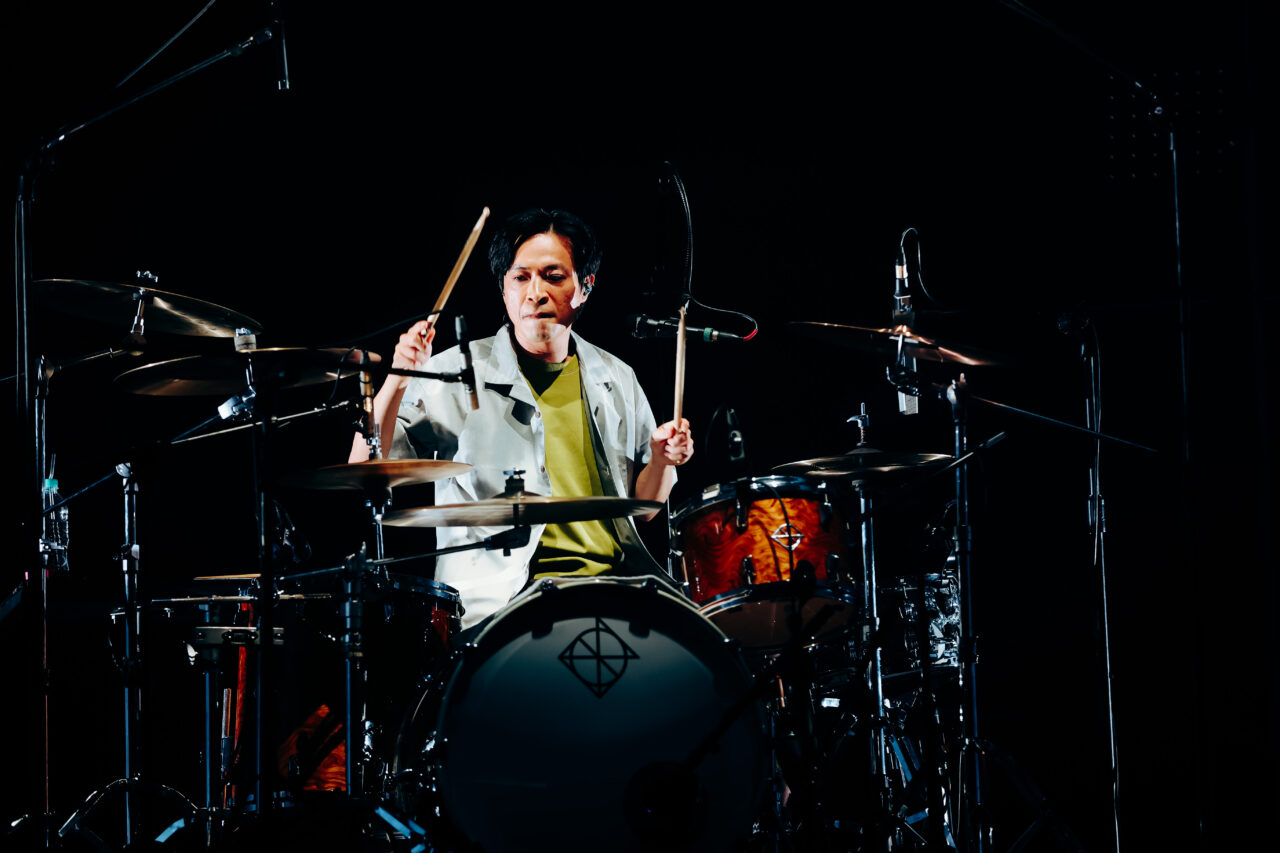
Weni: Expressing ourselves in Taiwanese can be seen as a form of rock in its own right. Over the past 400 years, Taiwanese has undergone a unique evolution, beginning with the migration of our ancestors from Fujian Province in China and passing through distinct historical periods, including the Zheng regime, Qing Dynasty, and Japanese occupation. Following World War II, Mandarin Chinese was designated as the national language, effectively prohibiting the use of Taiwanese and resulting in a history of political repression. Nevertheless, trailblazing musicians like Lin Qiang and Wu Bai have composed remarkable songs in Taiwanese, maintaining their cultural identity. Now that we are in a free era, we aspire to carry on that rebellious spirit and essence.
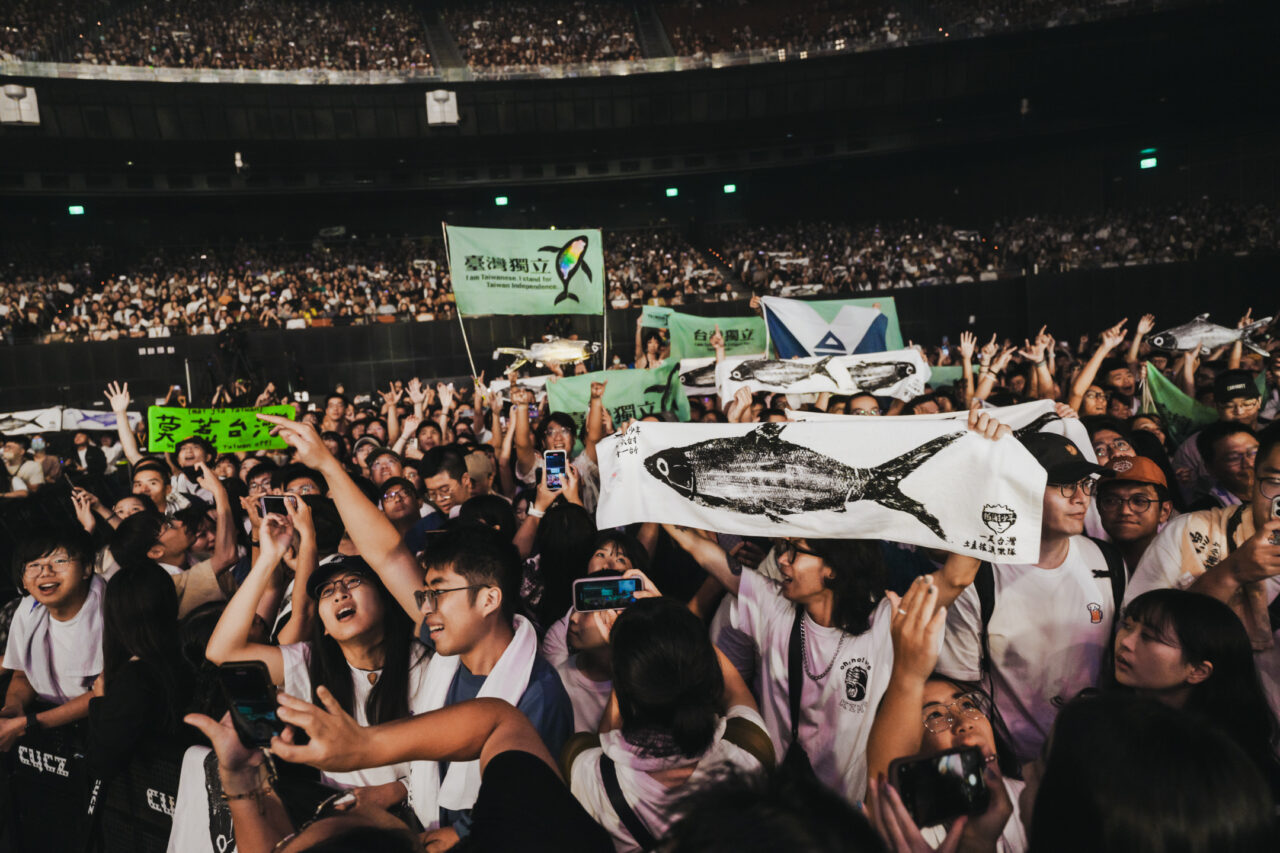
I see, so the relationship between Mandarin Chinese and Taiwanese isn’t simply a matter of primary and secondary dialects, like standard Japanese and Kansai dialect. Do you have a favorite Taiwanese song?
Giang Giang: I really like ‘Chang Tu Dian’ (Long Distance Call) by the band Windmill. It tells the story of a boy who leaves his hometown to find work and struggles with day labor, constantly searching for someone back home to call long-distance and share the hardships of his life.



